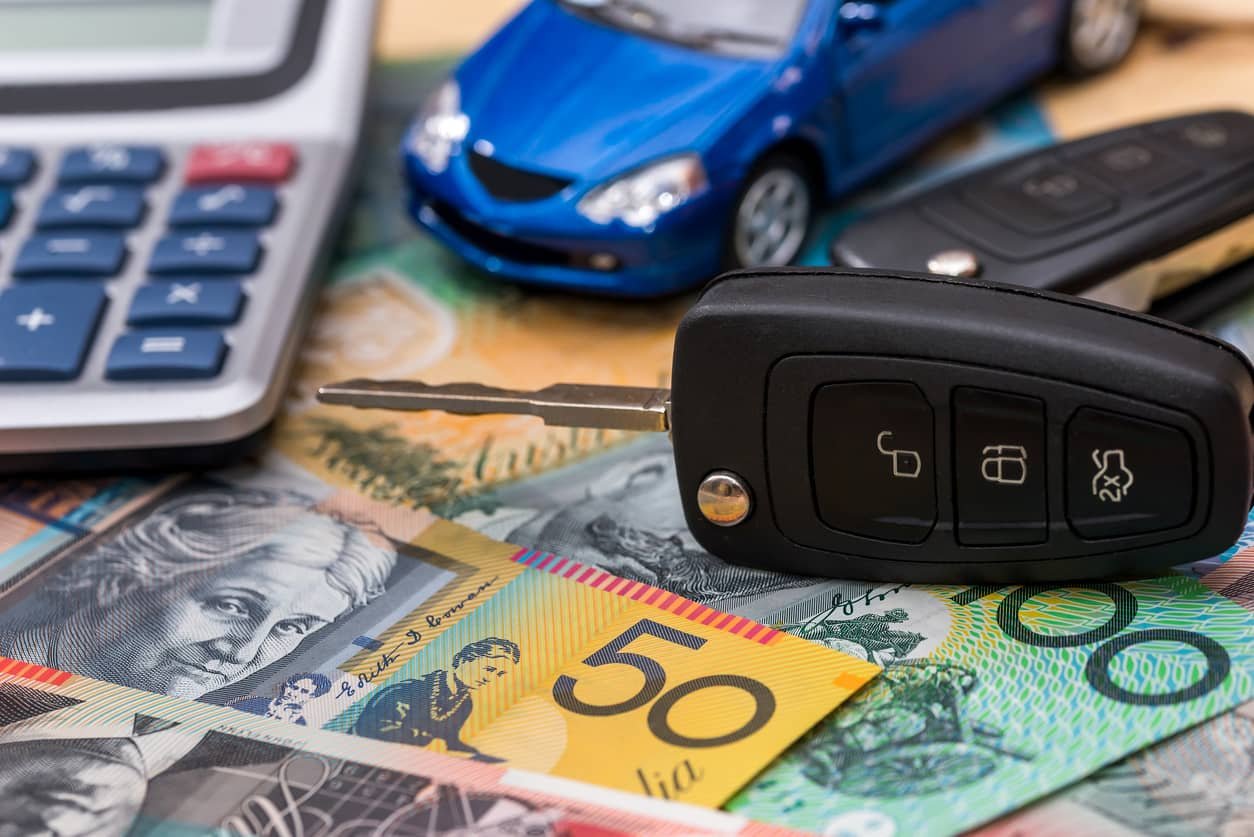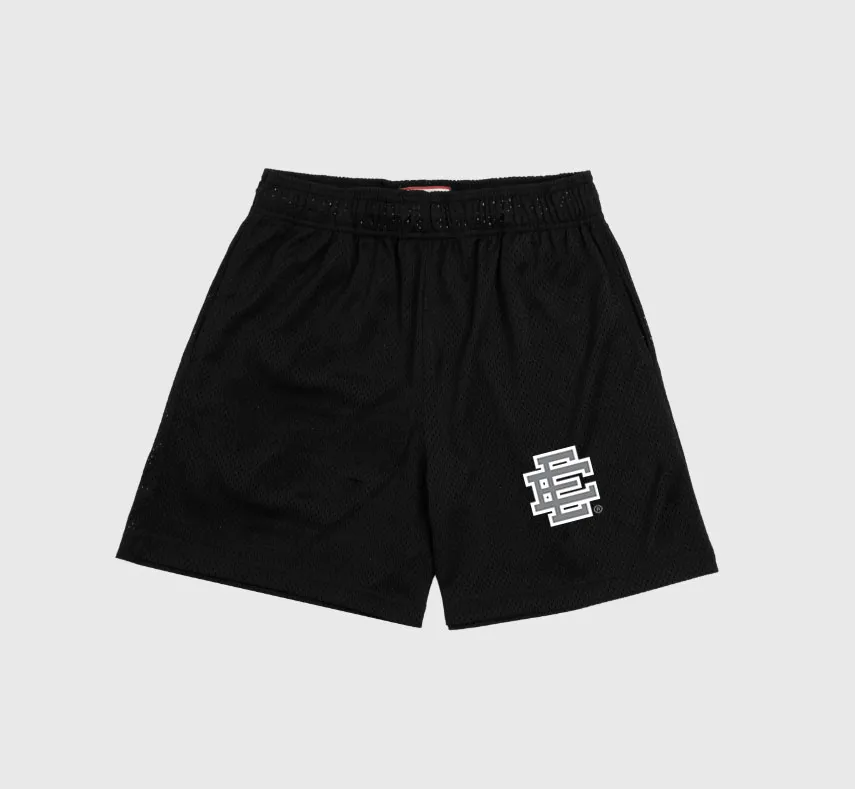As a car owner, there may come a time when you need to sell your car in Melbourne. Whether it’s because you’re upgrading to a new vehicle, your car is no longer roadworthy, or you simply need some extra cash, selling a car can be a great way to meet your needs. However, before you sell your car, it’s important to understand the tax implications of the transaction. Is selling a car taxable income in Melbourne? In this article, we will explore this question in detail, with a focus on the brand “Cash for Car Melbourne” – a car wrecking facility that offers cash for used cars, accidental cars, and cars that are no longer roadworthy.
The answer to whether selling a car is considered taxable income in Melbourne depends on various factors, including the nature of the transaction, the purpose of selling the car, and the individual’s tax residency status.
1. Private Sale of a Personal Vehicle
If you sell your personal car in a private sale in Melbourne, it is generally not considered taxable income. The Australian Taxation Office (ATO) considers the sale of a personal vehicle as a private transaction, and the proceeds from the sale are not subject to income tax. This is because the ATO does not consider the sale of a personal vehicle as a business activity or a way of generating regular income.
However, it’s important to note that if you purchased the vehicle for business purposes and claimed a tax deduction for the purchase or associated expenses, you may need to report the sale as a capital gain or loss in your tax return. Additionally, if you sell a luxury car (a car with a value of over $66,331 as of 2021-22), you may be liable for the luxury car tax, which is a separate tax imposed on luxury cars.
2. Sale of a Business Vehicle
If you sell a vehicle that was used for business purposes, the proceeds from the sale may be considered taxable income. In this case, you may need to report the sale as part of your business income in your tax return. This applies if you are a sole trader, partnership, or a company.
However, if you are eligible for the small business capital gains tax concessions, you may be able to reduce or eliminate the capital gain from the sale of the business vehicle. It’s recommended to consult with a qualified tax professional or accountant to ensure that you understand the tax implications of selling a business vehicle.
3. Sale of a Car for Profit
If you buy cars with the intention of selling them for a profit, you may be considered to be in the business of buying and selling cars, and the proceeds from the sale may be considered taxable income. This applies regardless of whether you are selling cars privately or through a dealership.
In this case, you may need to report the income from the sale of the car as part of your business income in your tax return. You may also be eligible to claim deductions for expenses incurred in the process of buying and selling cars, such as advertising costs, repairs, and maintenance.
4. Sale of a Car as a Non-Resident for Tax Purposes
If you are a non-resident for tax purposes in Australia and you sell a car in Melbourne, you may still be subject to tax on the sale proceeds. Non-residents are generally taxed on their Australian-sourced income, which includes income from the sale of assets located in Australia, such as a car. The tax treatment may vary depending on the country of residence and the applicable tax treaties between Australia and that country.
It’s crucial to remember that tax rules and regulations are intricate and dynamic. It’s recommended to seek professional advice from a qualified tax professional or accountant to ensure that you comply with the relevant tax laws and report the sale of your car accurately in your tax return.



